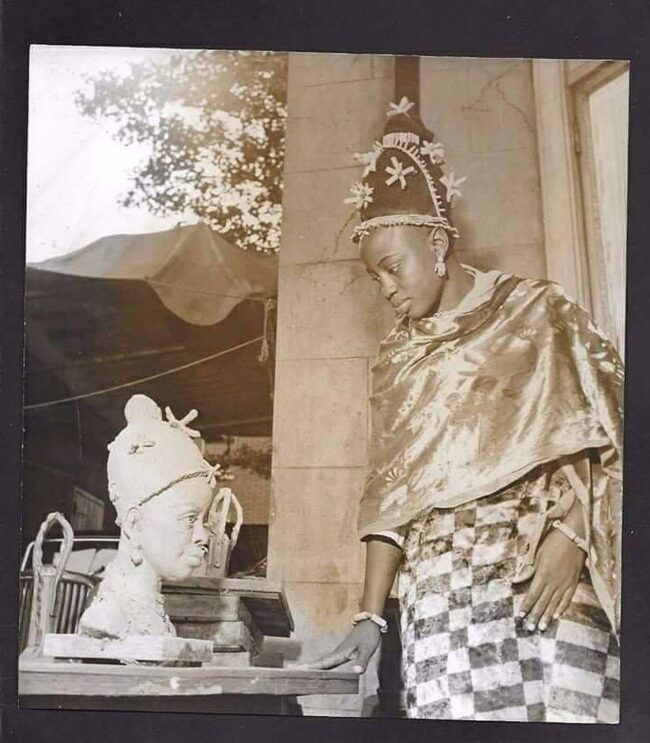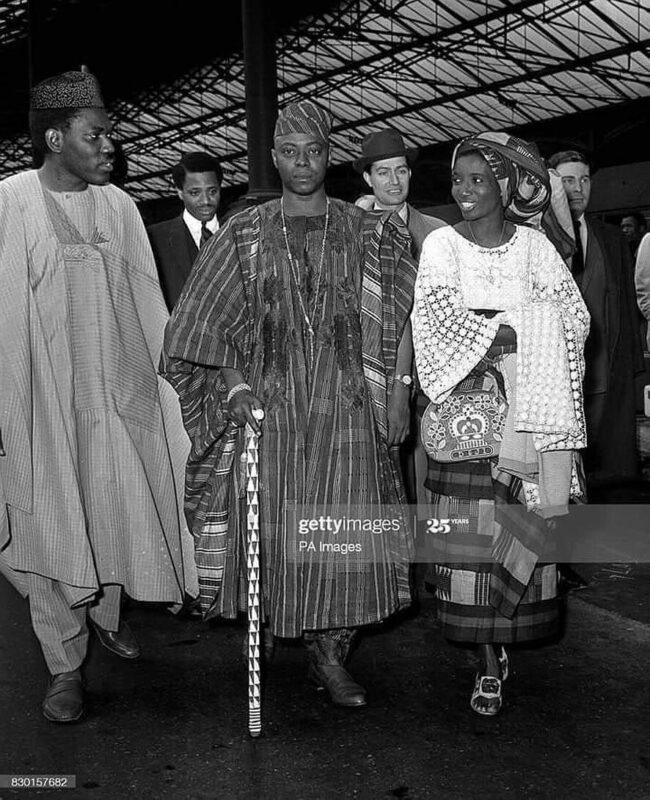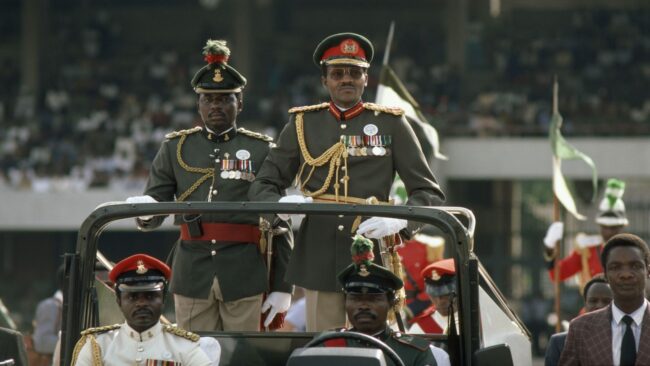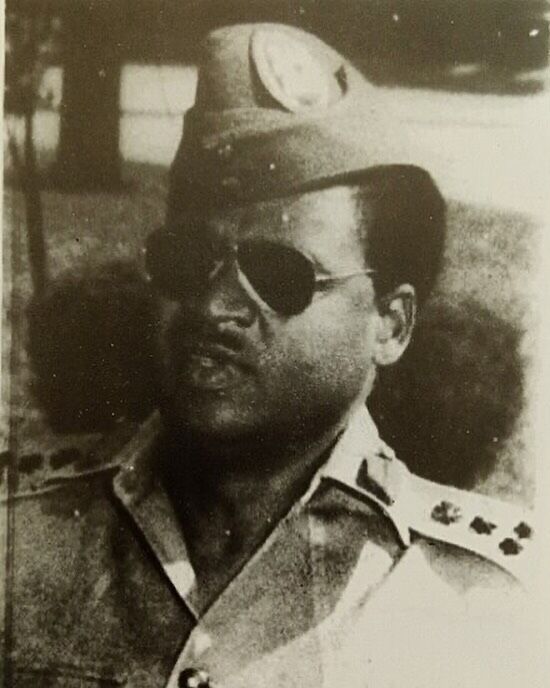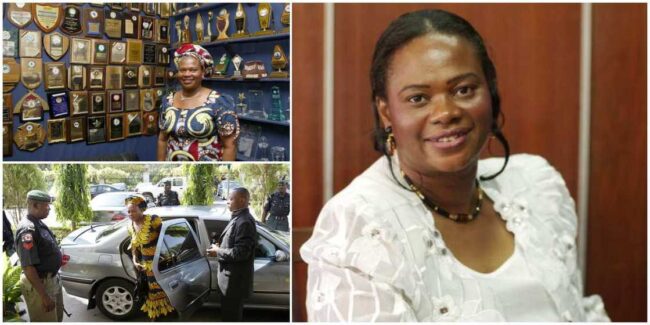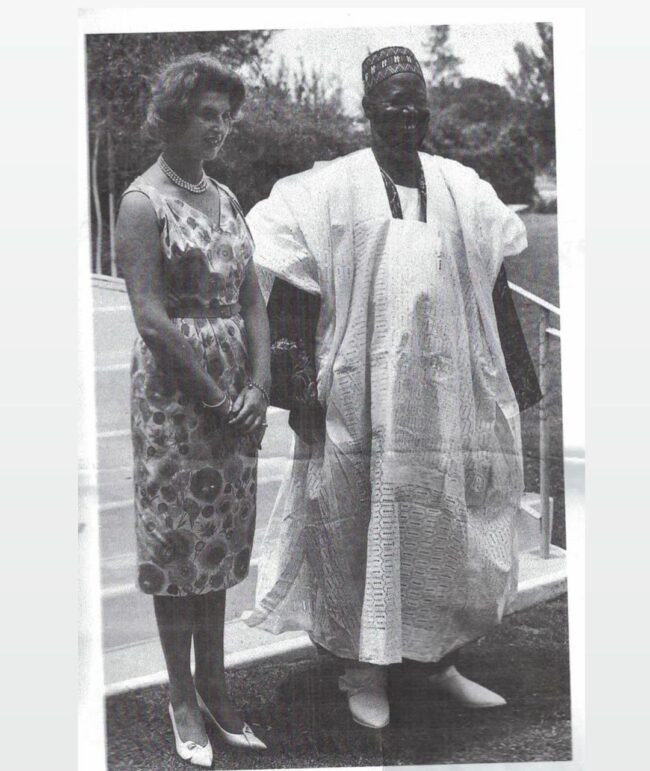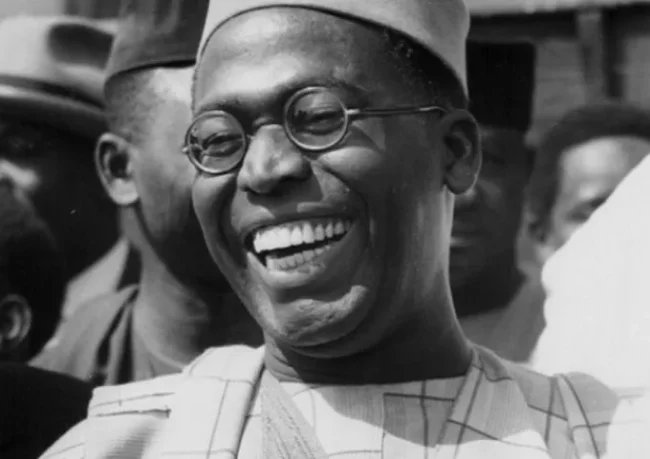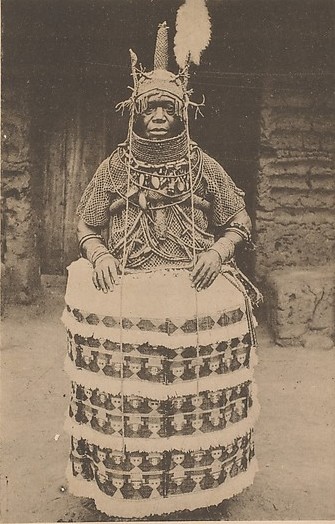Buhari Muhammadu Following the American Civil War Buhari served as the Thirty-first Infantry Brigade’s Brigade Major/Commander from 1970 to 1971. From 1971 to 1972, he was the First Infantry Division Headquarters’ Assistant Adjutant-General. In 1973, he also went to Wellington, India’s Defence Services Staff College. At the Nigerian Army Corps of Supply and Transport Headquarters, Buhari held the position of acting director of transport and supply from 1974 to 1975. Lieutenant Colonel Buhari was one of the commanders who helped General Murtala Mohammed take control of the military coup in 1975. Later, he was named Governor of the North-Eastern State, a position he held from 1 August 1975 to 3 February 1976, supervising the state’s advancements in politics, economy, and society. The North Eastern State was split into the states of Bauchi, Borno, and Gongola on February 3, 1976. Formerly part of Nigeria, Gongola State was an administrative division. It was established on February 3, 1976, by combining the Wukari Division of the former Benue-Plateau State with the Adamawa and Sardauna Provinces of North State. It was a single state until August 27, 1991, when it was split into the states of Taraba and Adamawa. Yola served as its capital. Buhari then assumed the role of Borno State’s first governor, serving from 3 February to 15 March 1976. Colonel Buhari was appointed Federal Commissioner for Petroleum and Natural Resources (now a minister) by his deputy General Olusegun Obasanjo, who assumed military leadership in March 1976 after the failed 1976 military coup attempt that resulted in General Murtala Mohammed’s murder. When the Nigerian National Petroleum Corporation was established in 1977, Buhari was named chairman, a role he retained until 1978.

